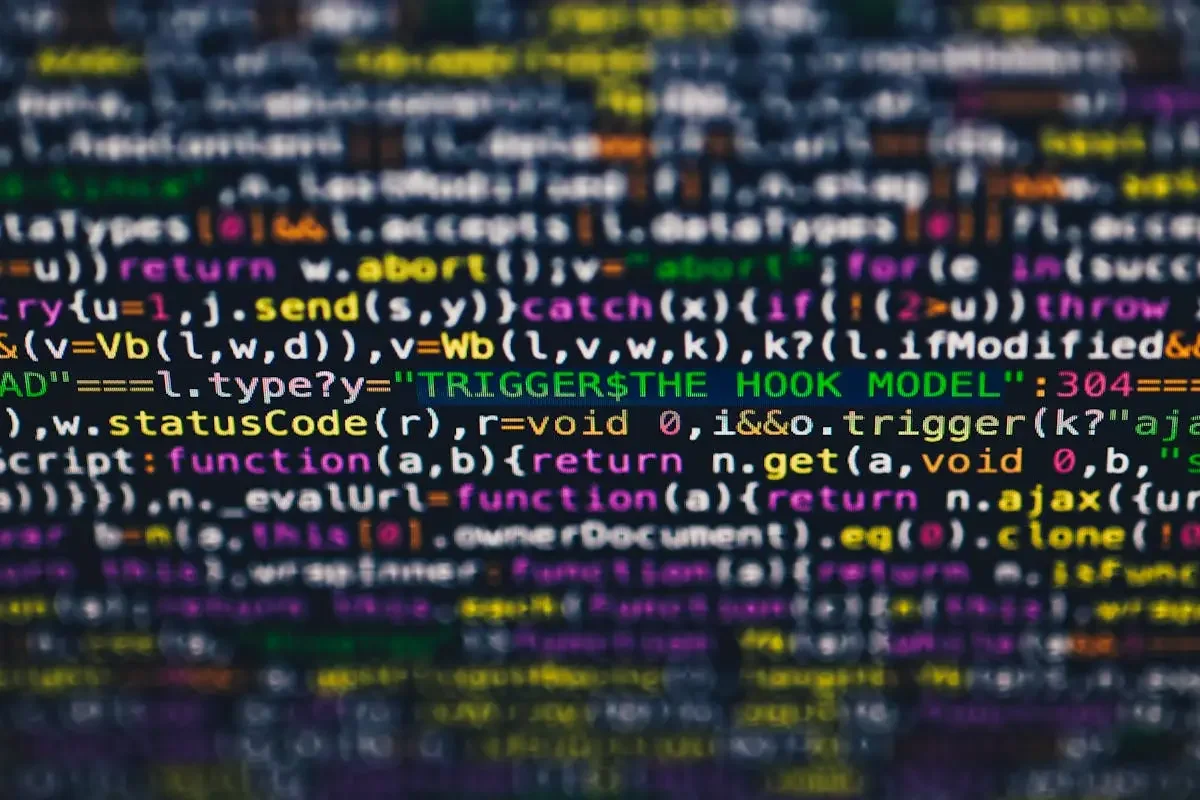Ai Cameras Vs Traditional Security Cameras
In the world of security, keeping pace with evolving technology is crucial. With the advent of artificial intelligence, security cameras have reached new heights of capability and intelligence. Today, we’ll explore how AI cameras differ from traditional security cameras, and what this means for improving our safety.
Understanding Traditional Security Cameras
Traditional security cameras have been a staple in safeguarding homes and businesses. Known for their reliability, these cameras capture footage that is usually stored for later viewing. They require manual monitoring and analysis, and although effective, they are limited in their ability to respond to events in real-time.
Another aspect to consider is the simplicity of traditional cameras. They are straightforward to operate and do not require a considerable amount of technological expertise. This ease of use can be particularly beneficial for small businesses or homeowners who prefer a no-fuss, set-it-and-forget-it system. However, this simplicity comes at the cost of limited flexibility and adaptability. Without the ability to analyze data as it happens, traditional security cameras can often miss subtle cues of potential security breaches, relying heavily on human input for actionable insights.
Moreover, traditional cameras are typically more budget-friendly upfront compared to their AI-enhanced counterparts. They have been the go-to choice for many due to their affordable price point and established presence in the market. Yet, as we delve into the features of AI cameras, it becomes apparent that this cost-effectiveness may come at the expense of missing out on potential advancements in security technology.
The Emergence of AI Cameras
AI cameras bring revolutionary enhancements by integrating artificial intelligence into their functionality. These cameras are not just passive recording devices; they actively analyze footage to detect and respond to unusual activities. This allows for timely interventions and a heightened level of security.
A significant game-changer with AI cameras is their ability to learn and adapt. Unlike traditional systems, AI cameras utilize machine learning algorithms to continuously improve their accuracy in detecting threats. This adaptability is paramount in environments where security dynamics frequently change. Machine learning enables AI cameras to recognize patterns and anomalies over time, effectively tailoring their response to the unique challenges each location might present.
Another key feature is the incorporation of facial recognition technology within AI security systems. This technology allows for the identification and tracking of individuals, which can be essential for high-security areas or for businesses prioritizing the monitoring of access points. The integration of such advanced technology into security cameras marks a notable evolution from the one-size-fits-all approach of traditional systems to a more individualized and proactive surveillance strategy.
Key Differences: Technology and Features
The most significant difference between AI and traditional cameras lies in AI’s capability to process and interpret data in real-time. Features such as facial recognition, behavioral analysis, and intrusion detection set AI cameras apart, providing a proactive approach to security.
With traditional cameras, footage is typically stored for later review, necessitating manual inspection to verify incidents. AI cameras, on the other hand, are equipped with real-time analytics that can alert users to suspicious behavior as it happens. This shift from a reactive to a proactive surveillance model represents a substantial leap in security technology, positioning AI cameras to respond instantly and efficiently to potential threats.
Additionally, the integration of behavioral analysis allows AI cameras to understand and predict actions based on collected data. This feature is particularly beneficial for settings where anticipating behavior can prevent incidents before they occur. By learning typical patterns of behavior, AI systems can discern when something is amiss far faster than traditional systems, potentially deterring crime rather than merely documenting it.
Benefits of AI in Security Systems
By automatically identifying threats, AI cameras can significantly reduce the response time to security breaches. They offer enhanced accuracy and efficiency, minimizing false alarms and providing users with peace of mind knowing their security system is working intelligently around the clock.
AI technology enhances the accuracy of threat detection, as it is capable of distinguishing between real threats and inconsequential activities. This precision significantly reduces the instances of false alarms, which can be a frequent issue with conventional camera systems. Fewer false alarms also mean less time and resources wasted on what are essentially non-events, allowing security personnel to concentrate on genuine threats.
Moreover, the adaptability of AI systems ensures that they remain current despite the changing landscape of digital threats. Through continual software updates and machine learning advancements, AI cameras can evolve alongside emerging threats, providing a robust layer of defense that traditional cameras might lack.
Cost Considerations
While AI cameras boast advanced features, they can be more expensive upfront compared to traditional cameras. However, the long-term benefits and potential savings in security management processes can outweigh the initial costs for many users.
Investment in AI cameras can be seen as paying for an upgrade in capabilities that traditional cameras simply cannot match. The cost-efficient management of security, reduced need for human oversight, and fewer false alarms can lead to savings that offset the initial higher expenditure. Users should consider these benefits when deciding on their security investments.
Further, businesses that require a higher level of tailored security can benefit immensely from customizable AI solutions that meet their specific needs. This adaptability means businesses pay for only what they need, making AI an economically viable option when potential cost savings in preventing security breaches are factored into the equation.
Which is Right for You?
Deciding between AI and traditional security cameras depends on various factors such as budget, the level of security required, and specific needs. For settings that demand state-of-the-art surveillance, AI cameras may be the ideal option, while traditional cameras can still provide effective security for less demanding applications.
Start by evaluating your specific security needs. If your priority is constant, real-time supervision with minimal human intervention, then AI cameras are undoubtedly the better fit. They offer comprehensive coverage paired with intelligent analysis, making them suitable for larger companies or facilities where vigilance is a necessity.
Conversely, if your surveillance needs are relatively straightforward, or if you are working within a tight budget, traditional cameras may suffice. They provide solid, reliable monitoring without the complexity or the higher cost of AI systems. The choice breaks down to what needs are pressing today, balanced against what future needs may arise as threats evolve and security needs potentially grow more sophisticated.
Choosing the Right Camera for Your Security Needs
As technology continues to evolve, AI cameras offer exciting possibilities for enhancing security. While traditional cameras still have their place, especially in settings where simplicity and affordability are prioritized, AI cameras present a promising future. Here at Lubbock Sight Sound & Security, we are proud to offer both AI and traditional security camera solutions tailored to your unique needs. By understanding these differences, you can make a more informed decision about which type of security system suits your needs best, and we're here to help every step of the way.


